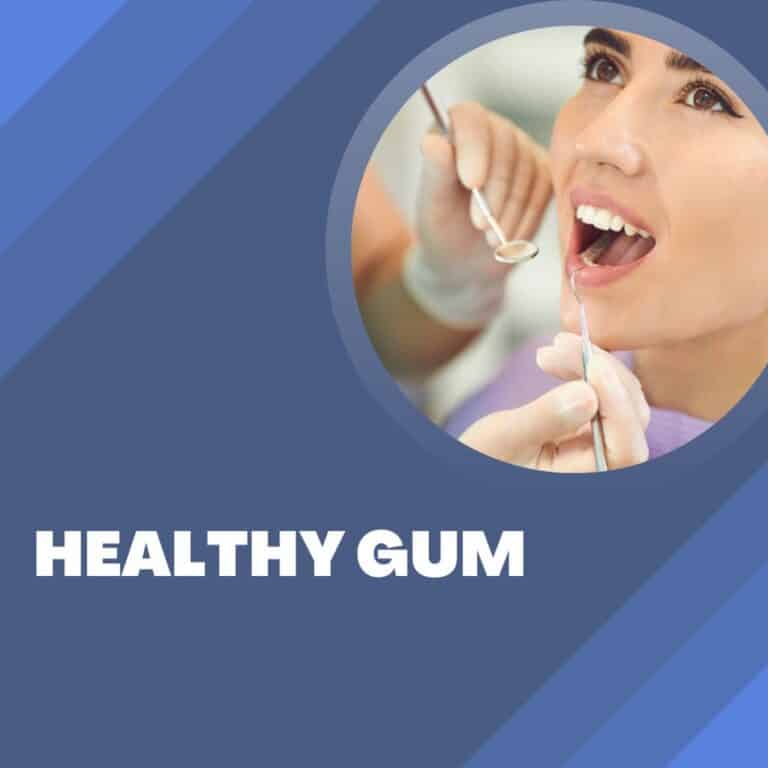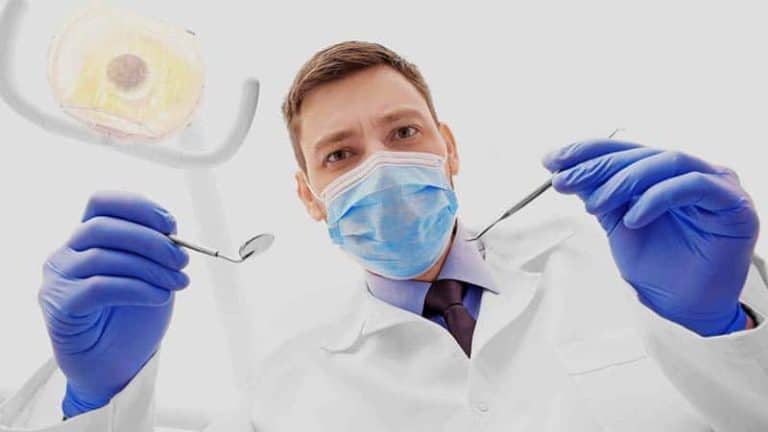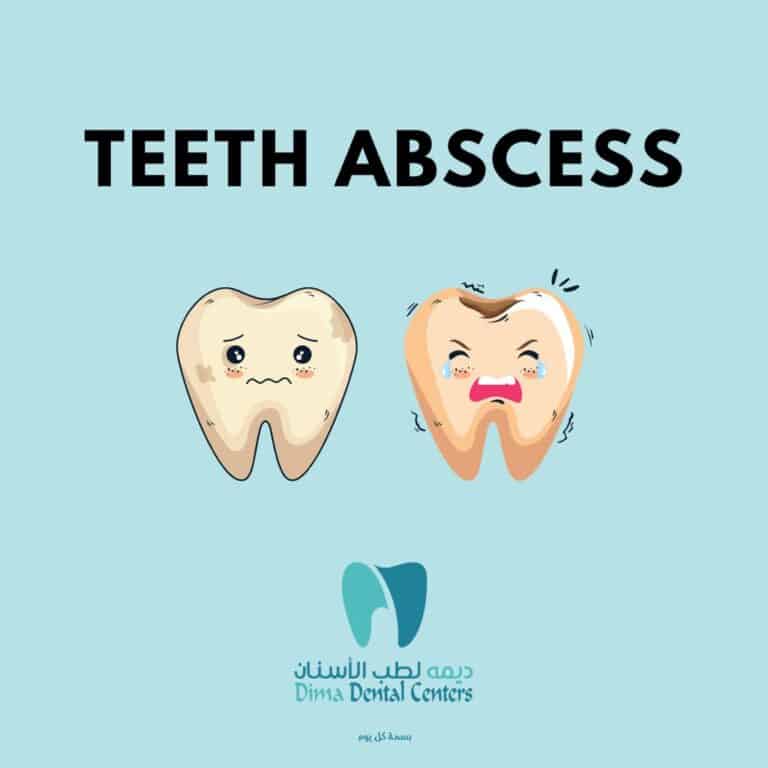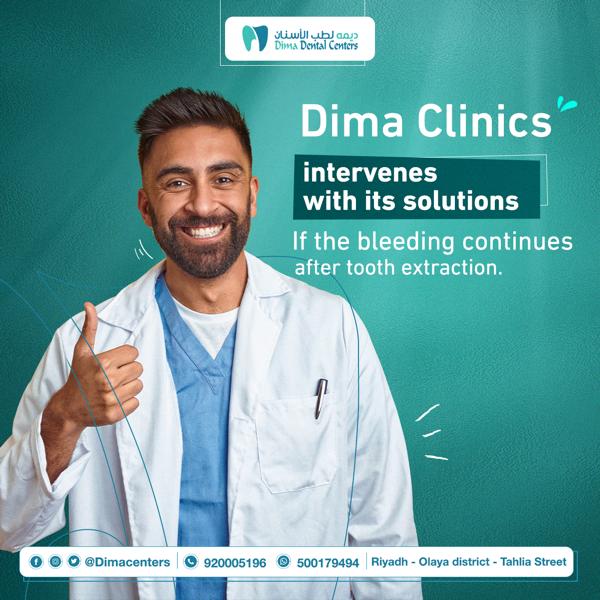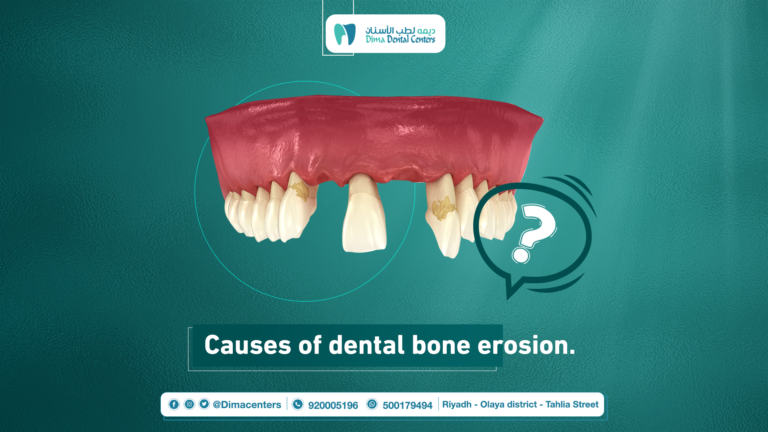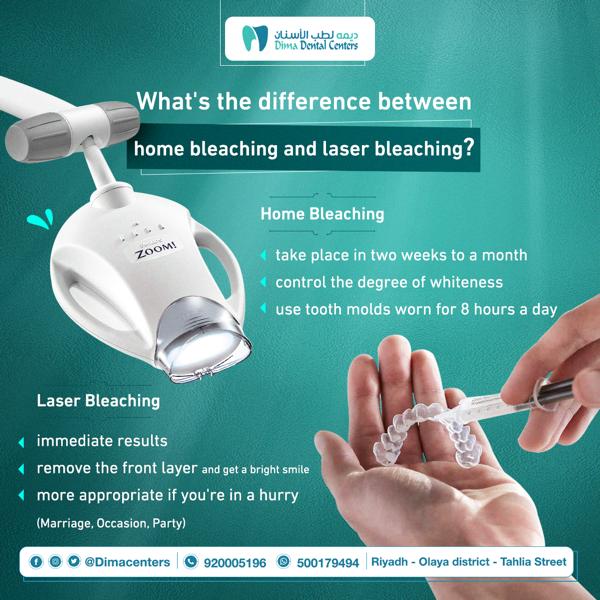Pay more attention to toothbrushing at night than in the morning
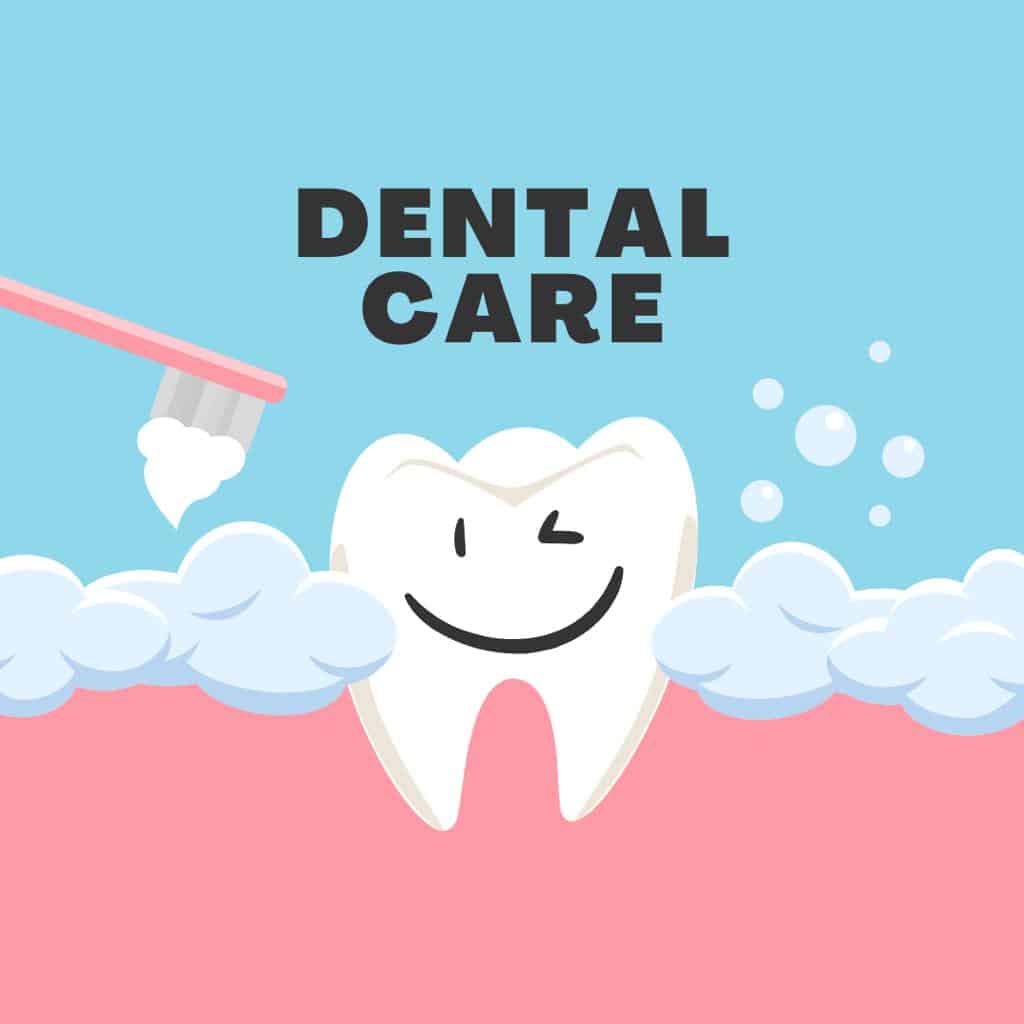
Toothbrushing is very important, of course, there is a huge number of bacteria in our mouths, our body takes care of controlling them in order to maintain a healthy balance, however, the food scraps we leave behind after every meal is a real feast for these bacteria, like us, these bacteria eat and they multiply and leave behind waste, in a short time, the bacteria are so numerous that our balance is disturbed, hence the importance of toothbrushing.
Why should you care about toothbrushing?
- After each meal, food remains are deposited on the surface of the teeth or between the teeth.
- These residues attract bacteria in the mouth and together form dental plaque, a white, delicious substance that is deposited on the teeth.
- If it is not cleaned twice a day, it becomes a real hunt for bacteria responsible for dental diseases such as cavities.
- By retaining food crumbs, you will provide bacteria with all the food they need to grow.
- By developing bacteria, it will shift the balance of the mouth which will become very acidic.
- Once the bacterial plaque is installed, the waste from the bacteria will irritate the gums which will somehow try to defend themselves, but to no avail.
- Only you can, through good hygiene and tooth brushing, remove plaque and thus restore health to the gums.
- Gingivitis is a disease that can be prevented and treated with good hygiene measures, however, if you let it progress, it can quickly progress to gingivitis.
The dangers of not toothbrushing daily
Tartar: This is calcified plaque, formed by the action of minerals in saliva on the accumulated plaque. All this happens in about 24 hours from then on, only a dentist can remove it. This is another reason to keep brushing the teeth in the regular and rigorous manner.
Tooth decay: sugar and teeth don’t mix well when you eat sweets, you’re not the only one getting fed, and bacteria too. Be careful, any food that stays in contact for a long time with your teeth promotes the formation of cavities.
Toothbrushing helps remove food residues that remain after each meal, and helps reduce dental plaque. Brushing the teeth at least twice a day is the only effective way to fight plaque, by ridding the teeth of food debris, brushing prevents the deposition of plaque on the teeth. the teeth.
Why should you brush your teeth so often and for so long?
- To remove all dental residues stuck in all the gaps between the teeth and gums, and then, only a period of time can effectively remove plaque.
- Brushing for less than a minute removes only half of the newly formed plaque.
- However, it takes time to brush all surfaces of each tooth.
- The most effective type of brush is the so-called “roller” and not the horizontal brush, the goal is to remove the remains of the teeth that are inserted between the teeth and gums.
- Therefore, it is necessary to brush the teeth in this direction anyway: from the gum (the red side) towards the tooth (the white side).
- This method is easier and more effective than doing circular movements.
- Try an electric toothbrush, and regularly use an interdental brush or floss.
When should you brush your teeth a day?
Basically, you should brush your teeth whenever you eat, so, 3 times a day after every meal and especially before bed.
Remember that bacteria work even at night! For them, this is the perfect time: no tongue to expel them, no saliva to neutralize the acids they produce.
The cleansing of the mouth is done by saliva or brushing the teeth and at night after dinner there are food residues and saliva secretion begins to decrease and therefore the cleansing is not sufficient.
Imagine that a person eats and secretion of saliva decreases, and the teeth are not brushed, thus becoming more susceptible to decay.
Brushing techniques
It is not the time we spend brushing our teeth that allows our teeth to be cleaned effectively, above all, we must reinforce the technique, the best way not to forget the sector is to always follow the same pattern and do it in a systematic way, for each dental arch, the cleaning begins with the outer face of the last tooth on the side One ends on the inner face of the same tooth on the same side, for reasons of efficiency, the teeth must be brushed the same way each time.
The tongue plays an important role in oral hygiene, in fact, the bacteria on the plate is also on the tongue, it’s a bit like a rug, between each papilla can accumulate debris and bacteria, by brushing your tongue daily, you’ll keep your breath fresh, and you’ll reduce the risk of infection, by preventing some bacteria from staying for a long time in your mouth.
The correct steps for toothbrushing
- Start by rubbing the surface of your teeth to loosen the toothpaste well and make it less rough.
- Place the toothbrush close to your gums at 45 degrees from the teeth.
- Executing a short movement back and forth that allows the bristles of the brush to stimulate the gums and follow the contour of the teeth, hence the importance of choosing a brush with soft bristles.
- Finish in a circular motion of the brush to complete cleaning this section, brushing only 3 or 4 teeth at a time.
- To make brushing your front teeth easier, place the brush vertically.
Precautions when toothbrushing
- Don’t use too much force with your toothbrush
- Good brushing is not hard brushing, but it is a gentle and thorough brushing. Otherwise, your toothbrush and gums will suffer.
- Avoid large horizontal movements
- In the same way that vigorous brushing is done, great horizontal movement can shock the gums and damage the teeth in an impressive way.
Which toothbrush to choose?
- Use a toothbrush with soft bristles (less aggressive to the gums) and change it regularly, once the bristles are curled,
- Our gums are sensitive, we should not abuse them, in addition, the bristles can follow the curvature of our teeth more easily.
- Ideally, it is better to choose a small brush that creeps into every corner of our mouth, rather than a large one that embarrasses us more than it helps us, as hard bristles damage the enamel.
- A good toothbrush should allow good access to the back areas, good washing and good preservation (brushes should be cleanable after use), electric rotating toothbrushes have shown their superiority.
Choosing a toothpaste
The main benefit of toothpaste is to facilitate the removal of plaque, the important thing is that it contains fluoride, on the other hand, anti-tartar toothpastes are useful for people who tend to produce a lot of tartar, but are often associated with allergic reactions, fluoride is a form of fluoride that is Absorbed by tooth enamel, enriched with fluoride, the surface layers of the teeth become more solid and therefore more resistant to caries, therefore, brushing with a fluoride-containing toothpaste achieves two goals: the mechanical action of brushing cleans the teeth of debris that can accumulate there; Fluoride increases the resistance of teeth to decay.
The important thing is to teach the child to monitor oral hygiene regularly and brush all the teeth, and the toothbrush movements should remain horizontal, the child will easily understand that he must brush his teeth “from pink to white” (from gum to tooth), and that brushing should continue for 3 minutes, and should repeat this after each meal and brush in the evening before going to bed the most important.


